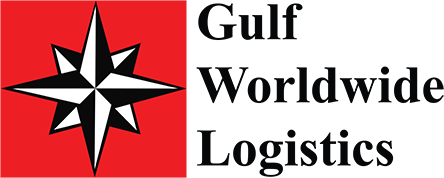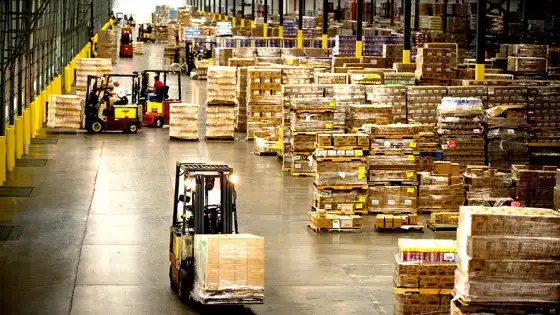Warehouse management is especially challenging when it comes to logistics service in UAE. With Jebel Ali Free Zone being a Middle East Hub for Cross Trade, the speed and efficiency of a warehouse are largely responsible for improving the throughput time in a Supply Chain System. The system needs to be constantly improved on a regular basis to keep up in time with improved processes and technologies. Cost also plays an important role, and it must be in consistent review to reap the maximum efficiency for all companies involved in the supply chain channel. Costs include Labor, machinery, WMS systems and hours involved and the overheads of running a First Class Warehouse.
Managing an efficient warehouse in UAE is a challenging task, and it is important to work with 3PL Companies that are focused and have the necessary knowledge to take care of your product.
There are however, some “dos and “don’ts” that come along the management of a warehouse. Logistics companies often follow these cardinal rules in order to yield more.
Some Points for Warehouse Management
Heap of inventory: Not advised if you are a starter. It is better to deal with the smaller volume customers than to accept long-term stored cargo which does not move. For the warehousing Service provider long periods of time. While storage revenue is gained, there is a loss in the supply chain to manufacturer and customer which results in overall efficiency reduction.
Receiving department: The most important aspect is to accurately off-load, store and count the cargo so that the Inventory Tally Sheets between Supplier and Warehouse are 100% matching at all times. In case of any discrepancies, it should be immediately informed by the warehouse to the customer. Discrepancies can be quantity or quality (carton damages). In this way, the customer can immediately contact the supplier and proceed towards a corrective action. There should be time-bound pressure on the inbound department so that lead time can be constantly monitored and improved. Speed and efficiency have to be balanced professionally.
Organized Picking area: As the number of SKU’s increase in a warehouse, it is very important that organization is clean and clear at the point of outbound preparation. There are certain packages that need to be placed in a specific way, so that, it may not be a problem for a picker. If this is something your receivers complain about, it is too late already. Additional checking points should be in place in the process to ensure that wrong packages are not delivered to the wrong locations.
Train The Employees: As you go from a small logistics organization to something larger, it is very important to standardize the procedures of each employee and ensure that the quality of work remains same across the board. Regularly communicate the inbound/outbound procedures and audit the performance of each employee to ensure that mistakes are improved upon and bad habits are not cultivated at the shop floor. The Warehouse Manager and Supervisors play a very important role in coordinating best practices within the warehouse at all times.
Following the above tips will improve warehouse performance in the long-run.







